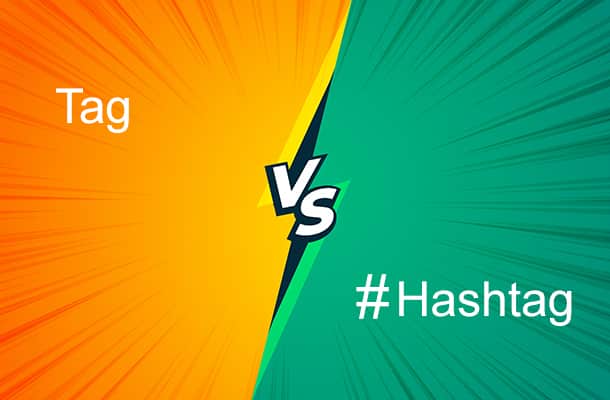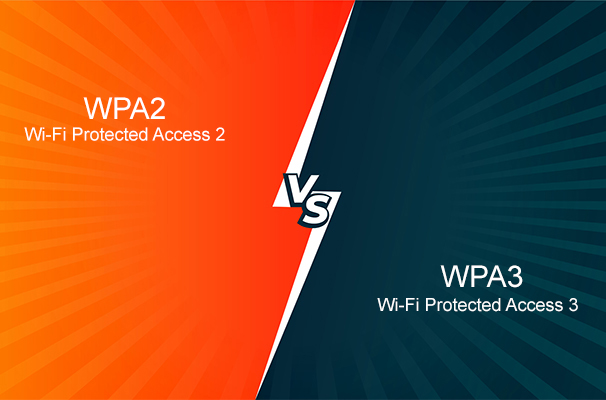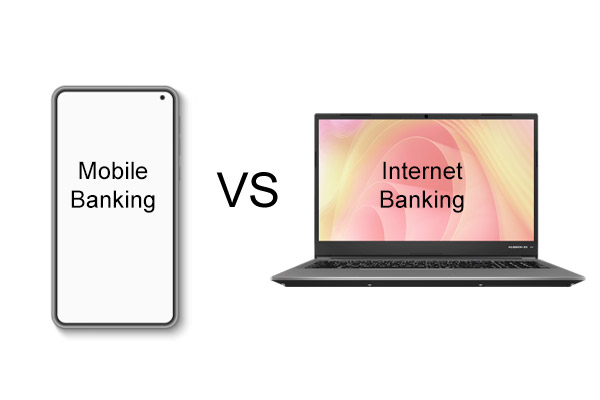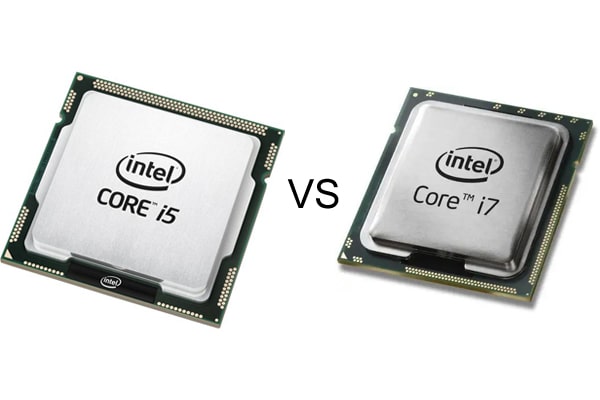In today’s tech-centric world, both smartphones and tablets play pivotal roles in shaping our digital experience. But what sets them apart? Our comprehensive guide dives deep into the distinctive features of these devices, highlighting some key differences ranging from screen size to battery life. We also celebrate their surprising similarities, showcasing how they’re more alike than one might think. Whether you’re team tablet or a smartphone aficionado, our article aims to enlighten and guide your tech choices.
Difference Between a Smartphone and a Tablet
- Screen Size: Dive into a visual voyage with tablets that range from 7-inch devices to a grand 10 inches or more. Smartphones, in contrast, start as petite as 4 inches, ideal for pocket voyages. Tablets? They’re your go-to for expansive multimedia experiences, whether you’re engrossed in a movie marathon or deep-diving into eBooks. Their virtual keyboards also make virtual conversations a breeze.
- Portability: Tablets are the tech world’s perfect amalgamation of laptop functionality with smartphone portability. While smartphones, with their lightweight and compact form, are always ready for an adventure, tablets focus on enriched multimedia experiences and robust processing.
- SMS Functions: Smartphones reign supreme when it comes to classic communication – calls and texts. Tablets, though versatile, often skip out on SIM card functionalities, relegating them to WiFi zones and making them less apt for traditional telephonic conversations.
- Application Compatibility: Venture into app stores, and you’ll witness diversity. Android’s platform remains consistent across its tablet and smartphone ecosystems, whereas Apple has bifurcated its domain into iOS and iPadOS. Remember, app compatibility isn’t always about power but optimal experience on varied screen sizes.
- WiFi and Mobile Internet: While both gadgets flaunt WiFi connectivity, smartphones take the lead with consistent mobile network connectivity. Tablets? They often prioritize WiFi, with only select models indulging in mobile data extravagance.
- Gaming: Here’s where the fun lies! With tablets offering robust CPUs and expansive screens, immersive gaming sessions beckon. But don’t write off smartphones just yet – their ever-expanding screens and nimble designs make them formidable gaming allies.
- Battery life: With room to accommodate, tablets pack in powerhouse batteries, usually outlasting the average smartphone. Though smartphones are no slouches, especially with newer models amping up battery specs, they often find it challenging to keep pace with tablet endurance.
- Cost: The financial aspect can be a tightrope walk. An iPad might be lighter on the wallet compared to the latest iPhones. But both domains, be it tablets or smartphones, cater to all budget brackets – be it entry-level, mid-tier, or the high-end spectrum.
Smartphone vs. Tablet – At A Glance:
| Aspect | Smartphone | Tablet |
| Screen Size | Typically 4-6 inches | Ranges from 7-10 inches or more |
| Portability | Fits in pocket, ideal for on-the-go | Best for bags, slightly bulkier |
| Primary Function | Communication-centric | Multimedia and interactive tasks |
| SMS Functions | Standard feature | Often unavailable or limited |
| Application Range | Wide variety, phone-specific apps | Broad, but some are tablet-exclusive |
| Internet Connection | Both WiFi and mobile (3G/4G/5G) | Mostly WiFi; some models offer cellular connectivity |
| Gaming | Limited by screen size but powerful | Enhanced experience due to larger screen |
| Battery life | Generally shorter than tablets | Longer due to larger battery size |
| Cost | Wide range, flagship models can be pricey | Comparable range, some high-end models costlier |
| Camera Quality | Often prioritized, especially in flagship phones | Varies; not always the main focus of the device |
Surprising Similarities Between Smartphones and Tablets
- Operating Systems: Both often run on comparable platforms like Android or Apple’s ecosystem, ensuring a seamless experience across devices.
- Touch Interface: Navigating through both is a breeze with their intuitive touchscreens, making user interaction smooth and easy.
- Multimedia Consumption: Be it streaming a movie or skimming the news, both devices cater to entertainment and information seekers alike.
- App Ecosystem: Each boasts a robust app store filled with thousands of apps, enabling users to customize their experience.
- Connectivity: From WiFi to Bluetooth, both smartphones and tablets offer users multiple ways to stay connected with the world.
What is the Smartphones
In the vast cosmos of digital devices, the smartphone is akin to a personal companion. It’s more than just a communication tool; it’s a swiss-army gadget with capabilities ranging from capturing memories through its camera, serenading us with music, to updating us with global news. Small and sleek, they slip effortlessly into pockets, making them ideal for on-the-go multitasking with just a swipe or tap.
Recall the bygone era with smartphones flaunting QWERTY keypads? Fast forward to today, these marvels have evolved into sleek touchscreen devices, paralleling the prowess of computers. While their essence remains rooted in communication, their horizons have expanded exponentially.
Coming in a medley of designs and sizes, most smartphones usually flaunt screens under 5 inches, optimizing portability. And when it comes to their brain? Android and iOS stand tall as the reigning operating systems, powering these nifty gadgets. Dive in further as we explore their tablet counterparts.
Smartphone: Pros and Cons
Pros:
- Light on the pocket compared to desktops or laptops.
- Always connected with cellular access.
- Fits snugly in your hand and pocket, making it a travel buddy.
- A treasure trove of apps tailored for diverse needs.
- Perfectly crafted for intimate, personal interactions.
Cons:
- Reading on such a petite screen? Not the coziest experience.
- Movie marathons? They deserve a bigger canvas.
- Typing out that novel or report? Quite the thumb workout!
- Battery stamina? Tablets might outlast them in the long run.
What is the Tablet
Hovering between the realms of smartphones and laptops, the tablet is a tech marvel uniquely its own. Larger than a phone but more portable than a laptop, it’s that perfect “Goldilocks” gadget. Whether you’re in a cafe or on a train, just whip it out, and you’re ready to go; no strings (or peripherals) attached.
While tablets find immense favor among academic circles and non-profits, they’re also a hit among binge-watchers and gamers. That generous screen? A canvas for your favorite shows, games, and interactive apps. Early tablets might have missed the mark with cellular connectivity, but today’s iterations ensure you’re always plugged in.
The modern youth can’t resist its charm. Offering accessibility and entertainment at its best, tablets have found their niche. But, remember: that broad, entertainment-ready screen does come at the cost of battery juice. Choose when and where to unleash its power judiciously!
Tablets: Pros and Cons
Pros:
- Slide it into your mid-sized bag and voilà, entertainment on-the-go!
- Craving a bigger touch screen without lugging around a laptop? Tablets to the rescue.
- Movie nights just got an upgrade with their superior streaming prowess.
- Intuitive and user-centric designs beckon.
- Flexibility? Connect a keyboard or mouse, and you’re workstation-ready.
Cons:
- Typing on the native screen? More tedious than you’d think.
- While impressive, they can’t quite replace the horsepower of desktops or laptops.
- Some apps might give you the cold shoulder.
- Definitely heftier than your smartphone, and voice calls? Better grab those earphones.
Frequently Asked Questions about Smartphones and Tablets
Can I use my tablet as a primary phone?
While some tablets do offer cellular capabilities, they’re not primarily designed for voice calls. Using a tablet as a main phone might not be practical due to its size and lack of traditional phone features. However, apps like Skype or Zoom can be used for calls.
Are tablets as durable as smartphones?
Durability depends more on the build quality and materials used than the device category. Both smartphones and tablets have premium models made with robust materials. Always check reviews and consider getting protective cases.
Do tablets generally have better camera quality than smartphones?
Not necessarily. While some high-end tablets have excellent cameras, flagship smartphones often prioritize camera quality and features, leading in this category.
Is it worth investing in a tablet if I already own a large-screen smartphone?
It depends on your usage. If you consume a lot of multimedia or require a device for tasks like drawing or note-taking, a tablet can be beneficial despite having a large-screen phone.
How often should I update or upgrade my smartphone/tablet?
Typically, devices receive software updates for about 2-5 years. Consider upgrading when your device no longer receives updates, slows down significantly, or doesn’t meet your needs.
Final Verdict
Both smartphones and tablets offer unique advantages tailored to specific user needs. While smartphones shine in portability and communication, tablets offer an enhanced visual and interactive experience. The choice isn’t about superiority but aligning with your lifestyle. Are you a multimedia enthusiast or a on-the-go communicator? Your answer will steer your choice. Remember, in the evolving digital era, understanding your tech preferences isn’t just wise; it’s essential. Dive deeper into our guide and make an informed choice that enriches your digital journey!





